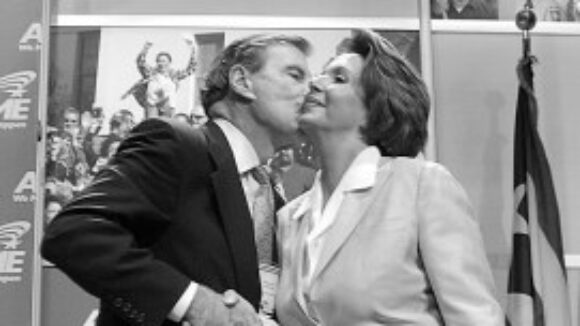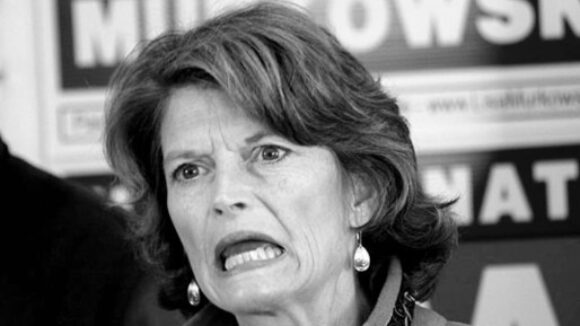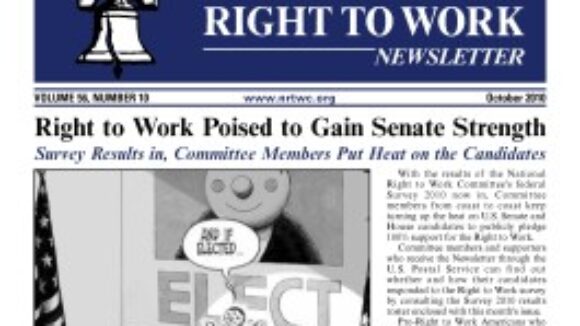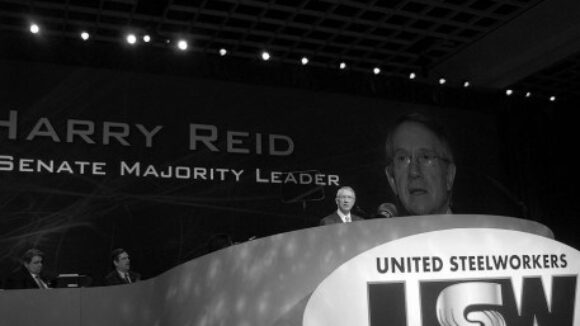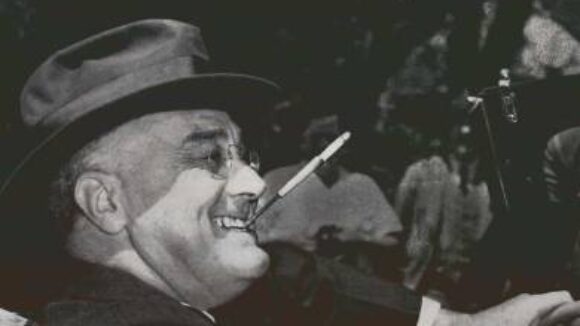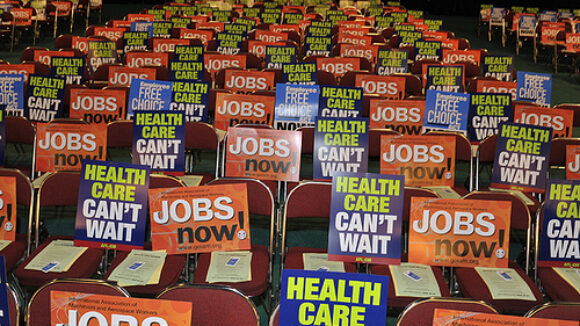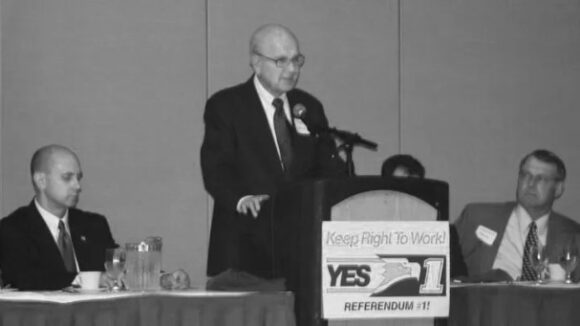Committee's Goal: Pro-Right to Work Congress
Breaking Big Labor's stranglehold over federal labor policy will require far more than ousting union-label House Speaker Nancy Pelosi (D-Calif., shown here with government union czar Jerry McEntee) from the seat of power. Image Credit: Jay Mallin Survey Presses Candidates to Pledge to Roll Back Forced Unionism (Source: October 2010 NRTWC Newsletter) If respected Inside-the-Beltway political prognosticators like Charles Cook and Stuart Rothenberg are correct, there is a significant possibility that, come January, union-label Congresswoman Nancy Pelosi (D-Calif.) will no longer be speaker of the U.S. House. As of mid-September, Mr. Cook and Mr. Rothenberg were both reporting there was at least a 50-50 chance that Republicans would pick up, at a minimum, the 39 House seats they need to hold a majority in the chamber and, presumably, to elect a GOP speaker. Since virtually all Democratic politicians in Washington, D.C., rely on forced union dues-funded support from Big Labor to get elected and reelected, and few GOP politicians are similarly beholden to the union brass, a partisan House switchover would affect the climate for Right to Work-related legislation. For example, in all likelihood, the arrival of a GOP House would derail, for the time being, Big Labor's years-long campaign to mandate "card checks" or in some other way rig union organizing campaigns, and thus make it even harder for independent-minded employees to avoid being corralled into a union. However, if history is any indication, Republican House leaders are unlikely even to try to reverse federal policies that currently force millions of workers to accept monopoly union "representation," like it or not, and pay union dues or fees as a condition of employment. Unlikely, that is, unless pro-Right to Work citizens nationwide are mobilized in unprecedented numbers to put the heat on GOP politicians to act. Right to Work Movement Hasn't Forgotten About GOP's 1995-2007 Record "From 1995 through 2007, Republican politicians like Newt Gingrich [Ga.], Tom DeLay [Texas], Dennis Hastert [Ill.], and John Boehner [Ohio] were calling the shots in the U.S. House," recalled Doug Stafford, vice president of the National Right to Work Committee.
